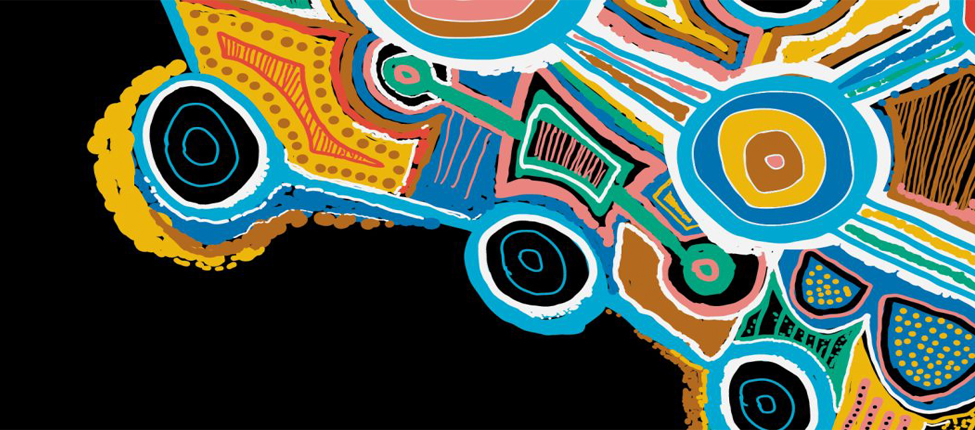On 28 November 2024, the Select Committee into Child Development Services tabled an Interim Report on Child Development Services in Western Australia: Valuing our children and their needs. The report highlights findings and recommendations about what can be done to reduce unacceptable waiting times for child development services and expand service provision.
AHCWA’s Policy Team made a submission to the Parliament of Western Australia’s Inquiry into Child Development Services to improve access to paediatricians and allied health services in Aboriginal Community Controlled Health Services (ACCHS) back in November 2022.
The submission outlined critical challenges posed to its Member Services and saw an urgent need to be part of the solution to address and improve the health outcomes for Aboriginal children. It proposed vital recommendations for enhancing child health services in the metropolitan area and regional and remote locations.
AHCWA’s Chairperson, Vicki O’Donnell, stated the submission highlighted the irregular provision of child health services across the State and the need for access to assessments, services and support for children with developmental delays.
“The ACCHS call for an immediate injection of funding into their services to help them respond to the needs of Aboriginal children to reduce the wait time of other children queued in the public health system,” Vicki commented.
She also noted that AHCWA’s submission emphasised the impact of poor referral pathways and insufficient access to developmental assessments, particularly for conditions like Fetal Alcohol Spectrum Disorder (FASD).
The submission also highlighted the high number of youth in the Banksia Hill Detention Centre with FASD and other developmental delays needing culturally safe and appropriate medical attention and support.
As a result of the submission, AHCWA and Member Services, Derbal Yerrigan Aboriginal Health Service (Derbarl) and Puntukurnu Aboriginal Medical Service, appeared before the Inquiry Committee in February 2023, to provide further evidence.
AHCWA recommended increased government funding for ACCHS, expanded access to paediatricians and allied health teams, exploration of telehealth solutions, and partnerships for culturally secure service delivery and training programmes. AHCWA also urged the State Government to support increased training for Aboriginal Health Workers and Practitioners who play a vital role in providing culturally safe and appropriate care in ACCHS across the State.
AHCWA also called for advocacy to raise the eligibility age range for the NDIA Remote Early Childhood Service and urged for a comprehensive study to identify unmet needs, underlining the importance of collaboration with ACCHS to effectively address gaps in child development services.
AHCWA Member Service Derbarl Yerrigan Health Service has implemented a new model of paediatric primary healthcare in Perth to address the urgent need to improve health outcomes for Aboriginal children and families. Introduced in 2022, this culturally secure paediatric model is staffed by a multidisciplinary team to address waitlists and workforce constraints in Western Australia’s paediatric and child development health systems.
Early outcomes include Derbarl’s paediatric team achieving excellent attendance rates (>90%), which indicates improved service delivery.
Derbarl’s Chief Executive Officer Tracey Brand said that between 2020 to 2022, the gap has widened from 40 per cent to 63 per cent of Aboriginal children starting school without the necessary developmental interventions.
“An investment can help close the gap, provide our kids with the early intervention for the best start in life and allow early diagnoses and treatments to prevent our children and young people entering the youth justice system and having long jeopardy on the NDIS,” said Tracey.
The expected long-term impact encompasses enhanced engagement with education, increased community interaction, improved productivity, and reduced reliance on crisis services, including preventable emergency department presentations and justice system interactions.
The interim report compiles feedback from submissions and Committee hearings. It provides recommendations about further actions and steps to reduce the unacceptable waiting times for child development services and expand service provision to Aboriginal children in metropolitan, regional and remote areas.
Read the report here.
For additional information, please call Alicia on 0424 393 868 or email alicia.boudville@ahcwa.org

